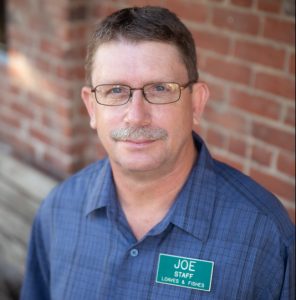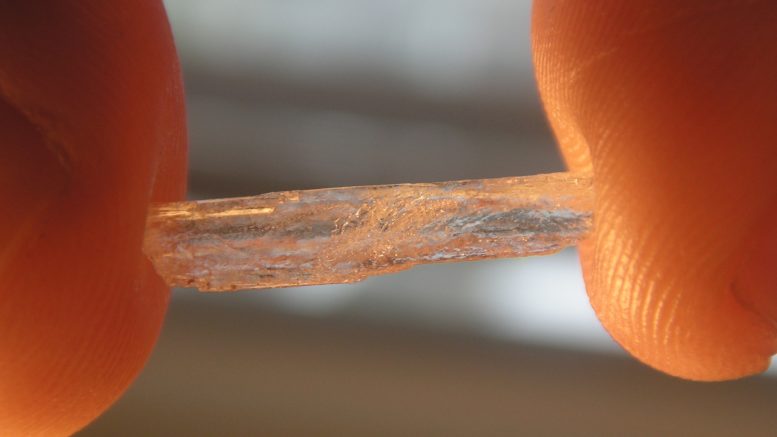Essay: A new city-funded program for meth abusers doesn’t go far enough
I will be the first person to support the need for people to have a place to go and sober up. I found sobriety at the Volunteers of America shelter on North 5th Street in Sacramento in 2011.
It was by no means a perfect place, but it offered housing in a sober environment with access to recovery meetings. All it lacked was more robust counseling services. It was replaced by a shelter that does not require its participants to be sober to receive services.
On July 21, the Sacramento City Council approved $1.2 million to start the SURE (Substance Use Respite and Engagement) program, a 6- to 12-hour respite center with information on getting sober, snacks, water and COVID-19 screening. SURE will be run by WellSpace Health and the city’s new Office of Community Response, and is designed to divert intoxicated and substance abusers—picked up by police, firefighters and other first responders—from emergency rooms and the county jail.
While the center will be made available to everyone, a specific focus is on people experiencing homelessness.
For those on methamphetamine, 6 to 12 hours is not enough. It may take many days to come down and to sleep it off the drug’s effects, which are severe and long-lasting. While intoxicated, they are cognitively impaired to the point that any real conversation is often impossible.
For alcohol dependency, medical intervention may be necessary. Detoxing from alcohol is dangerous and may require a trip to the hospital. Opiates may require treatment that involves medical evaluation, medication and ongoing oversight and counseling.
For those abusing meth, opiates or alcohol, they all have some things in common. They all require a stable, sober living environment to have a chance at being successful. A person must be able to rest, eat and hydrate. They must have counseling and case management, and these activities must all be a part of one seamless effort. This cannot be done effectively or entirely in 6 to 12 hours.
When we invest correctly as a community, we can help our neighbors. The SURE program doesn’t go far enough. If the city of Sacramento is going to get into the business of assisting people in finding sobriety, let’s do it right. Provide robust treatment options, provide housing and make it voluntary.
“If the city of Sacramento is going to get into the business of assisting people in finding sobriety, let’s do it right. Provide robust treatment options, provide housing and make it voluntary.”

No one stays sober unless they are willing. Recovery takes personal commitment. Meet that commitment adequately, and the results can be miraculous. Not only will people get sober, but they will also stay sober.
Some may say that SURE provides a good start, but that’s not how recovery works. You can’t just start the process with sobriety and not follow it all the way through. It is a process that lasts a lifetime. Anyone who has taken this journey will tell you that getting sober is just a beginning. Continuing that sobriety, uninterrupted, into long-term recovery is what will make the difference.
I’m not a drug and alcohol counselor. I am a person with lived experienced. I was homeless in Sacramento for five-and-a-half years, and I have been sober for more than nine years. I have recovered, and I have seen others do the same.
If City Hall had included folks with lived experience in their plans and designs, we would have a complete solution. Instead, what we have is a $1.2 million sobriety pit stop.






Good point. If drunkenness and drug addiction are considered to be illness or disease, it follows that medical treatment and intervention will be necessary, as in dealing with cancer or heart disease. HM